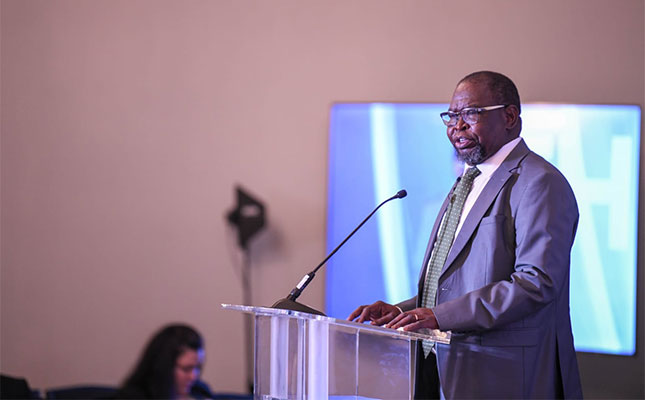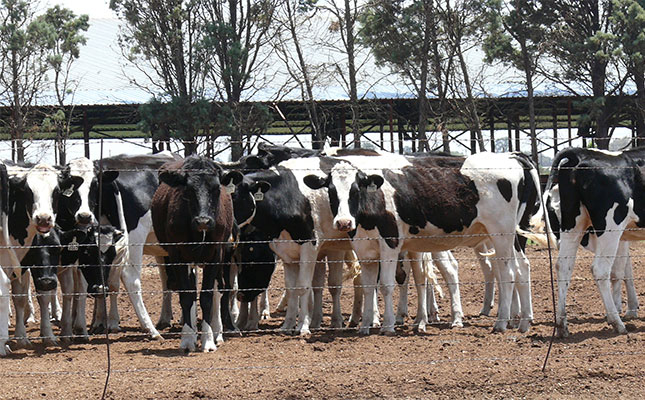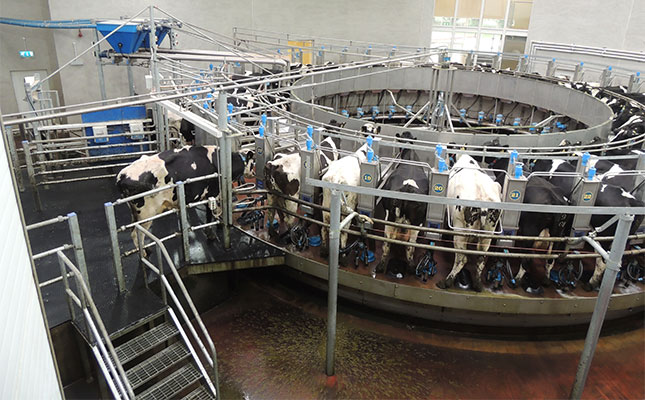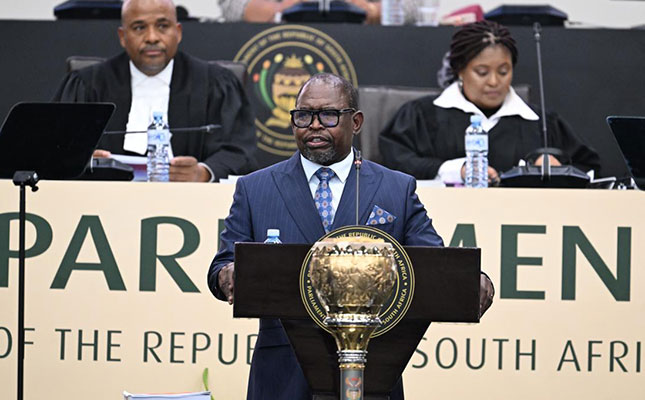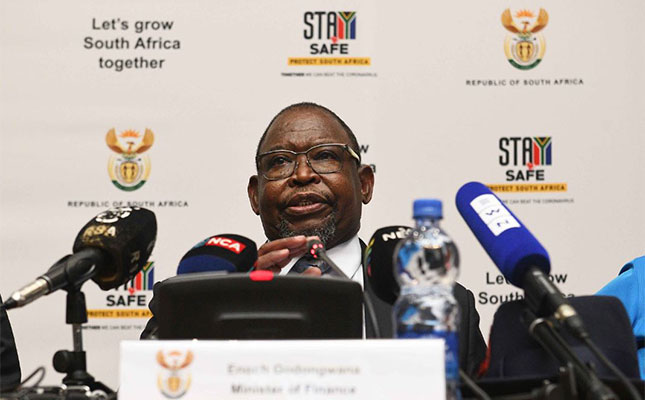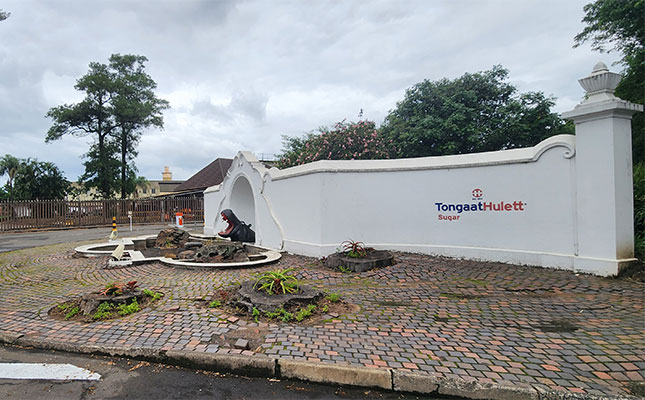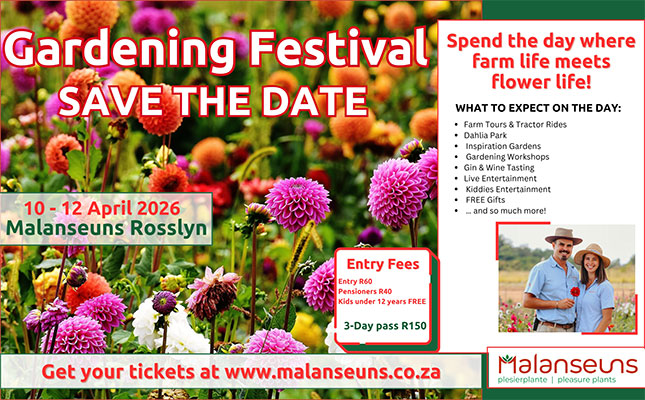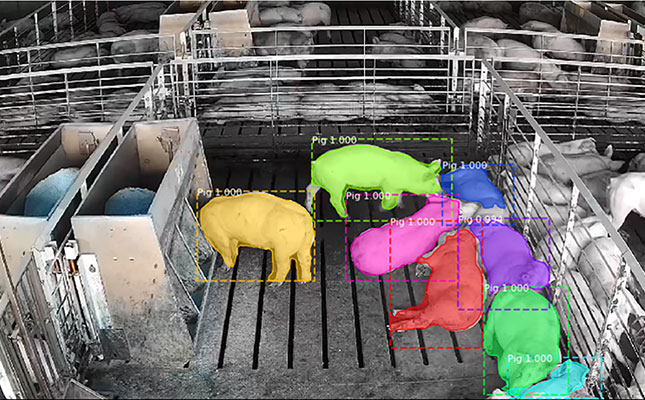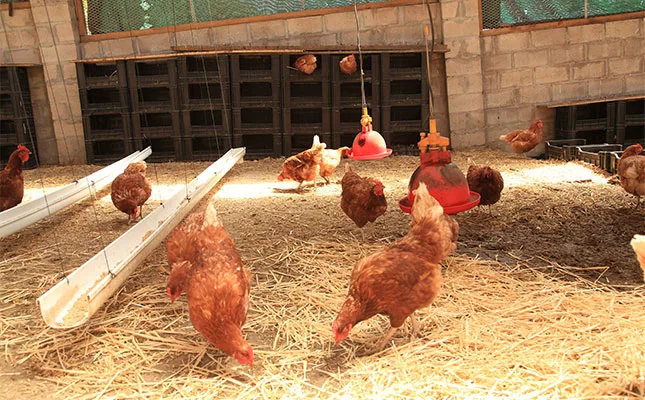
Izaak Breitenbach, general manager of the South African Poultry Association’s Broiler Organisation, told Farmer’s Weekly that some media reports had incorrectly suggested the inquiry was aimed at uncovering fraud among major producers.
“This is not a witch hunt. It’s an evaluation of the entire value chain, from genetics supply to retail, to identify barriers to entry and opportunities for black economic empowerment,” he explained.
He added that the industry was committed to transformation, investing more than R2,1 billion between 2019 and 2024 in expansions that created production opportunities for 20 black outgrowers (independent farmers contracted to supply larger companies).
“Without ongoing expansion and investment, we can’t create opportunities for new entrants,” Breitenbach added.
He said he hoped the commission would be sensible when analysing the industry’s structure, as integration had become a key driver of efficiency and stability in a highly competitive market.
“South Africa’s poultry industry supports over 134 000 people across the value chain. When the commission questions the role of large, vertically integrated producers, the debate should be based on evidence, not ideology.”
He explained that integrated operations funded biosecurity training, maintained cold chain and processing capacity, and absorbed shocks such as the avian influenza crisis, during which they imported hatching eggs and stabilised supply without state aid.
Outgrowers also benefitted through access to chicks, feed, veterinary support, and guaranteed offtake, while integrators carried most of the financial and biological risk.
Breitenbach added that if the inquiry aimed to improve competition, it should focus on the real constraints, such as dumped imports, high feed costs, load-shedding, failing logistics, and animal disease.
“These pressures have done more to drive consolidation and limit new entrants than integration ever has,” he said.
“Rather than penalising scale, the commission should work with the [industry] to address these root causes and expand participation through blended finance; independent hatchery development, where viable; and incentives for supplier and owner-operator programmes.
“South Africa doesn’t need a punitive inquiry that punishes success. It needs a practical, evidence-based approach that protects consumers, strengthens investment, and supports transformation.”
In a statement, Astral Foods also welcomed the opportunity to engage in meaningful dialogue with the commission and highlight the contribution of integrated poultry production to food security and job creation. The company reminded stakeholders that the inquiry was not an investigation into anti-competitive behaviour.
According to the Government Gazette, the Poultry Market Inquiry would commence 20 business days after the publication of the final terms of reference, on a date yet to be announced. The final report was to be completed within 18 months of commencement, unless extended by the Department of Trade, Industry and Competition.
Details of the administrative phases of the inquiry and together guidelines for participation are available on the commission’s website.

